Publications
Articles, publications, books, tools and multimedia features from the U.S. Institute of Peace provide the latest news, analysis, research findings, practitioner guides and reports, all related to the conflict zones and issues that are at the center of the Institute’s work to prevent and reduce violent conflict.
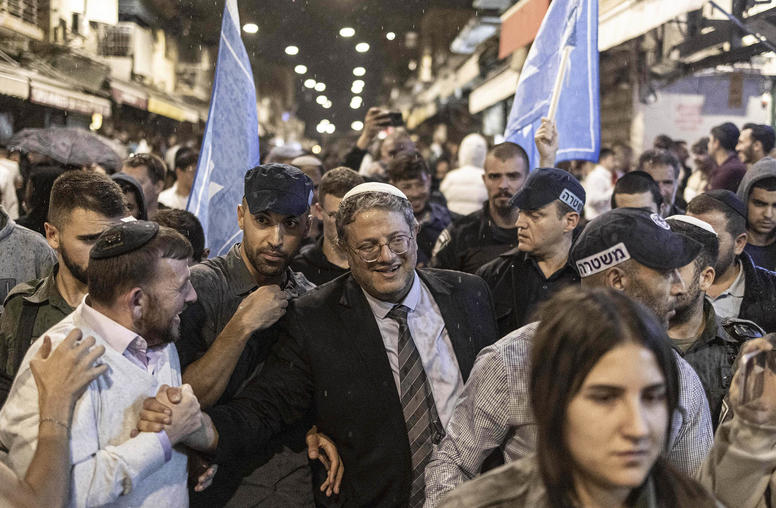
What Does Israel’s New Government Mean for the Israeli-Palestinian Conflict?
As 2022 came to a close, Benjamin Netanyahu once again took the helm of Israel’s government just 18 months after losing power in the wake of a series of stalemated elections. Already Israel’s longest-serving prime minister, Netanyahu’s approach to foreign policy, and to the conflict with and occupation of the Palestinians, is to some extent a known quantity. However, with his comeback and governing coalition dependent on the support and partnership of once-fringe extremist parties and politicians, 2023 holds the potential for conflict-driving disruption. USIP’s Lucy Kurtzer-Ellenbogen discusses the possible implications of Israel’s new government for the Israeli-Palestinian conflict and for Israel’s regional and foreign relations.
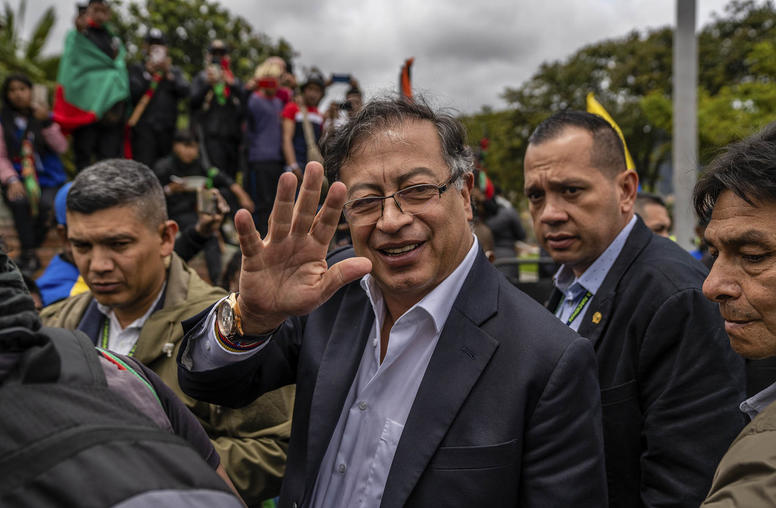
Colombia’s Renewed Peace Talks with ELN Rebels Provide Historic Opportunity
As part of its ambitious “Total Peace” agenda, the new Colombian government recently restarted peace talks with the National Liberation Army (ELN), marking the first new negotiations since January 2019. And while this cycle of talks adopted the same agenda and process framework as the previous efforts, current President Gustavo Petro appointed a diverse and broad negotiations team in the hopes of generating early momentum and support. Petro intends to advance on partial accords as quickly as possible — building up to a comprehensive agreement before his brief four-year term in office is complete.
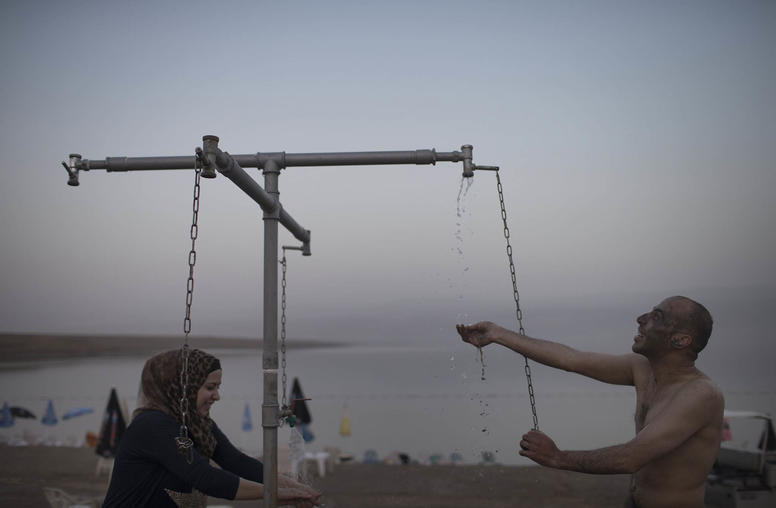
Water Can Be a Rare Win-Win for Israelis, Palestinians and the Region
From Israel’s turbulent electoral politics and Palestinian political dysfunction to the cycle of intercommunal violence in the West Bank and the humanitarian catastrophe in Gaza, it’s rare for much good news to come out of the Israeli-Palestinian context these days. But this June, a hopeful story emerged from the impoverished Gaza Strip when its Mediterranean beaches were deemed safe for swimming for the first time in decades.
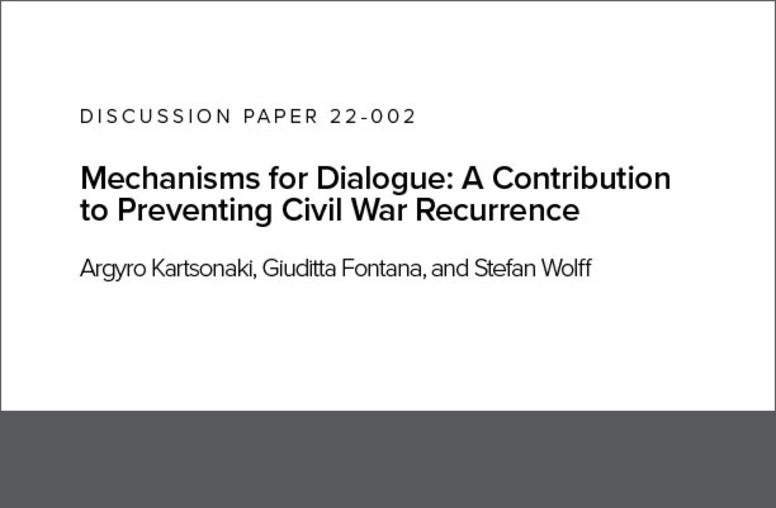
Mechanisms for Dialogue: A Contribution to Preventing Civil War Recurrence
This paper argues that the effects of civil war recurrence can be mitigated if peace agreements include mechanisms that enable the warring parties to continue dialogue throughout peace processes beyond the implementation of a peace agreement.
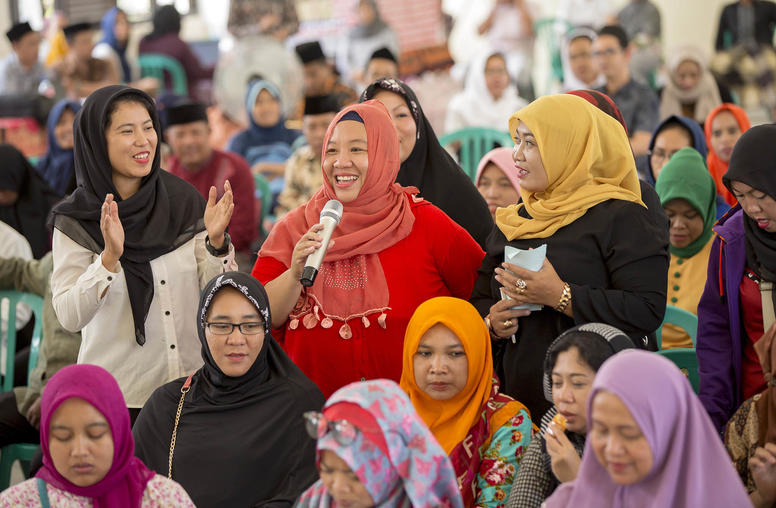
Women’s Inclusion in Peacebuilding Needs to Start Earlier and Go Further
More women are participating in peace processes, but institutions still need to make sure that women’s roles are meaningful rather than just symbolic — and that requires looking far beyond reserving seats at the table during peace negotiations.
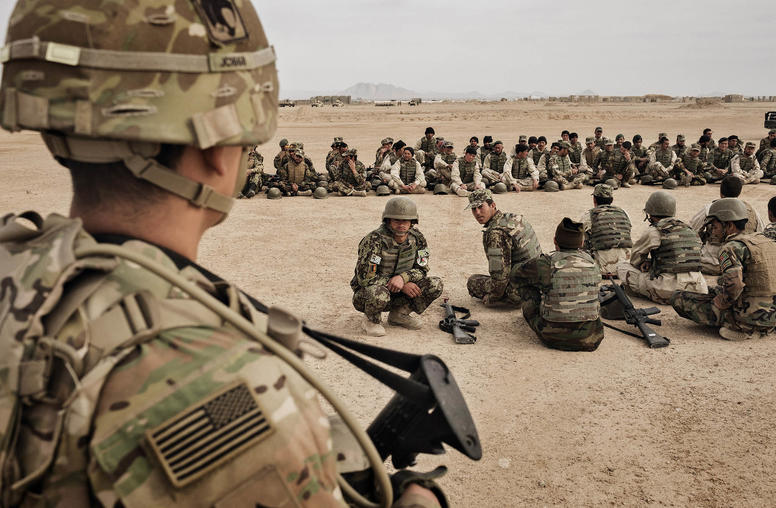
In Afghanistan, Was a Loss Better than Peace?
The American war in Afghanistan incurred staggering costs — for the United States, Afghans and others — over two decades. The U.S. government spent $2.3 trillion, and the war led to the deaths of 2,324 U.S. military personnel, 3,917 U.S. contractors and 1,144 allied troops. For Afghans, the statistics are nearly unimaginable: 70,000 Afghan military and police deaths, 46,319 Afghan civilians (although that is likely a significant underestimation) and some 53,000 opposition fighters killed. Almost 67,000 other people were killed in Pakistan in relation to the Afghan war.
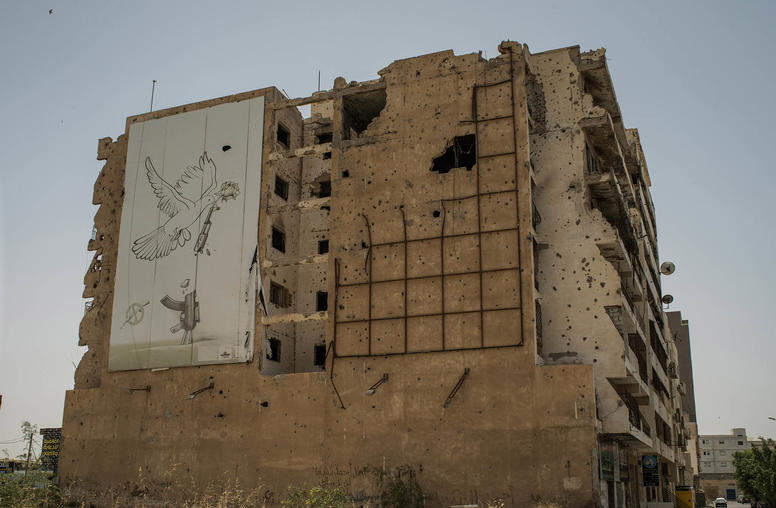
From Factionalism to Foreign Interference: Libya’s Conflict Remains Frozen
Over 11 years after the death of dictator Muammar Qaddafi, Libya’s conflict is seemingly stuck in place. Rival governments in the country’s East and West, factionalism, militia warfare and foreign interference have all contributed to a complex conflict that still has no resolution in sight. In a bid to advance the peace process, the United Nations convened the Libyan Political Dialogue Forum (LPDF) in late 2020 with 75 Libyans from across the country’s diverse social and political spectrum. Among other things, participants agreed on a roadmap for national elections to be held on December 24, 2021.
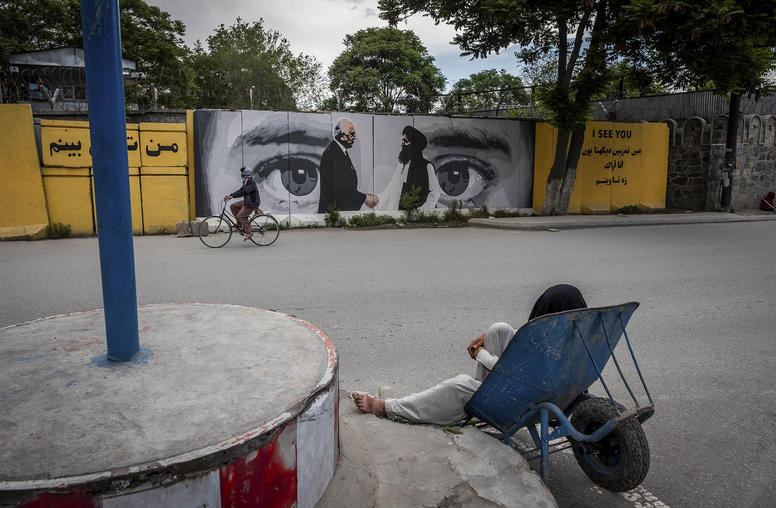
Missteps and Missed Opportunities for Peace in Afghanistan
The United States, successive Afghan governments and the Taliban missed several opportunities to achieve peace over the past couple of decades. Today, under the Taliban government, which is not recognized by a single country, Afghanistan is facing twin economic and humanitarian crises while the marginal gains made on women’s rights have all but evaporated.
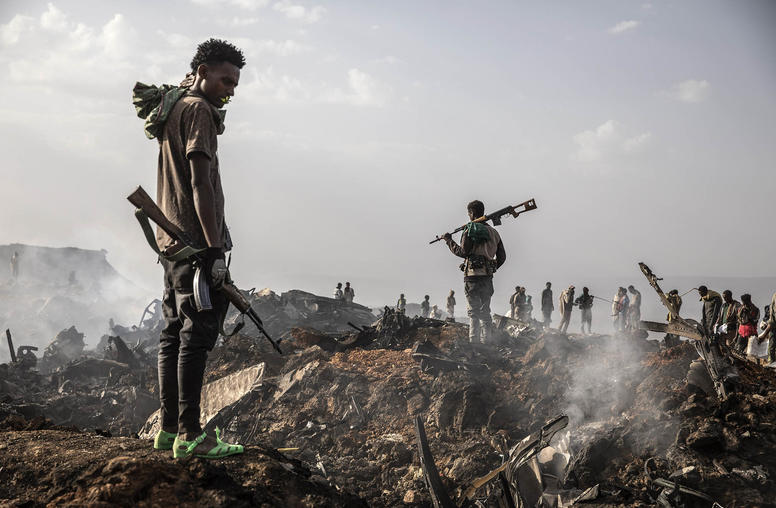
Ethiopia’s civil war is raging. How can it get on track toward peace?
In August, the devastating conflict in northern Ethiopia resumed, effectively ending the March 2022 humanitarian truce between the Ethiopian federal government and Tigrayan forces, which many hoped would pave the way for a negotiated cease-fire and peace talks. This week, the African Union’s chairperson called for an immediate cease-fire and U.S. Secretary of State Antony Blinken also called on the parties to cease hostilities and participate in talks organized by the African Union. What comes next in Ethiopia will have major implications for its people, the strategically vital Red Sea arena and for U.S. interests in the region. Stepped up, senior-level U.S. engagement is direly needed to get Ethiopia on a path toward peace.
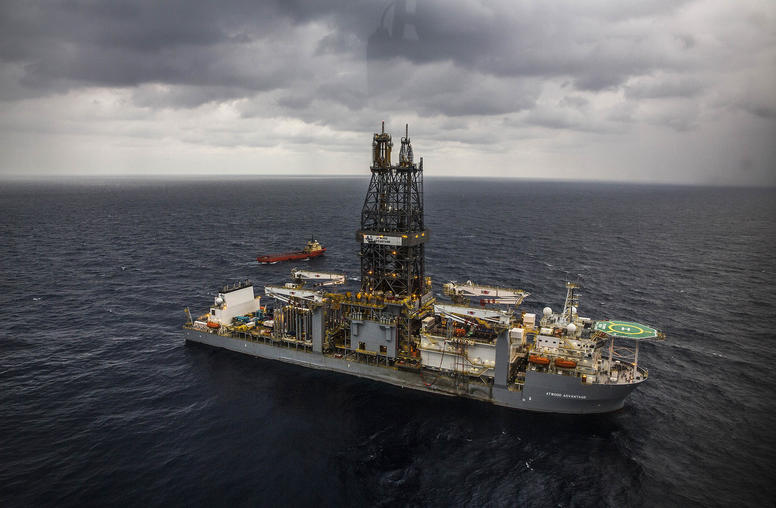
Could the Israel-Lebanon Maritime Border Deal be a Game-Changer?
Israel, Lebanon and the United States announced this week that a deal has been reached between Israel and Lebanon on each country’s maritime border. Negotiations between the parties over the 330-square-miles of the Mediterranean Sea have proceeded with stops and starts since 2020, but over the past few months edged toward a mutually acceptable outcome. Under the agreement, the contested waters will be divided by a line straddling the “Qana” natural gas field. Both parties would be able to produce gas on their side of the line, in addition to royalty arrangements agreed upon. A buoy line will remain between the two countries.